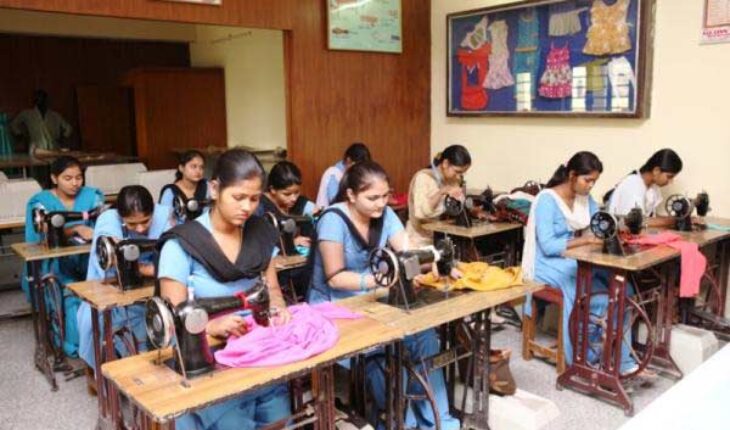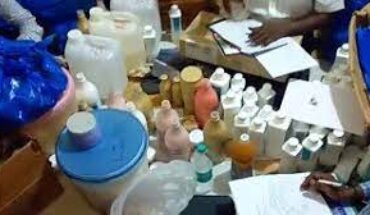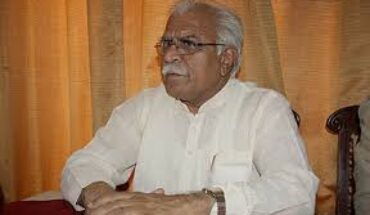Deputy Chief Minister Haryana Dushyant Chautala also holding charge of industry in the state while talking to media persons told that new textile policy ‘Haryana Atam-nirbhar Kapda Neeti’ in which initially state government planning to bring further Rs 4000-5000 crore investment as well as create employment opportunities for nearly 20000 persons in the state. He told that Micro, Small, Medium Enterprise (MSME) officers are in touch with the industry entrepreneurs in national capital region (NCR), textile town Panipat and other towns in the state willing to invest in textile, garments and hosiery sectors. Chautala said that this policy is likely to be finalized in Vidhan Sabha meeting to be held on December 1, 2022. He told that every care has been taken to develop textile parks, clusters in the state and make available land in NCR region as well as other suitable industrial belts in Haryana state enabling new investors to reduce their initial investment. Chautala said, detailed discussion in this regard has already been made with large number of entrepreneurs expressed desire to set up industry units in proposed about seven textile parks in Haryana state.
Haryana is famous for manufacturing as well as exports of textile, hosiery, blankets and carpets in the country as compared to other states and have international identification. During last Lok Sabha budget session demand was made by political leaders in the state to develop textile parks in Haryana at Panipat and surrounding area to bring further boom in this sector and it was decided to develop about seven textile parks in the state preferably near cotton crop production areas: Sirsa, Fatehabad and Hisar districts enabling to expand textile and garments manufacturing in the state. Chautala told that state government has decided to introduce several welfare schemes to boost textile related industry in the state in new textile policy and assist those units especially producing technical textiles synthetic and regenerated fiber products.
When The Financial World talked to entrepreneurs in textile sector in Ludhiana the neighboring Punjab state they expressed concern over more than 120 years old garment industry in the area having nearly 15000 tiny, small as well as medium and large manufacturing units doing annual business and exports for value worth Rs 3000 crore but most of the units are struggling to remain alive in the absence of neglect and government support as compared to knitwear industry at Tirupati, Ahmedabad, Surat, Kanpur, Panipat, Faridabad and Bhiwadi. The president of Knitwear & Apparel Manufacturers Association Ludhiana Sudershan Jain told that local industry is alive at their own efforts and will power in-spite of the fact government has not set up any research and development centre in the area and frequent demand to organize exhibitions similar to those held at Pragti Maidan New Delhi to boost domestic as well as export business but no action has been taken by the government in this regard so far in past years. ‘Even no one ever has thought of introducing technology up-gradation schemes’, Jain expressed concern demanding that government should impose strict ban over import of garments from China flooded products in our domestic markets adversely damaging our industry.
According to Sanjay Jain president of Confederation of India Textile Industry government should immediately withdraw duty on import of cotton since this 11% burden over manufacturers has increased production cost too much as such most of the manufacturers are losing orders due to higher prices and have lost interest in manufacturing textile products and garments and thinking to import readymade products from China or other cheaper markets and sell in their own brands, which will be extremely harmful for government. Jain said special incentive should be given to the manufacturers willing to produce man-made fiber and up-gradation, especially during period between March to September every year where there is acute shortage of cotton in the state.






